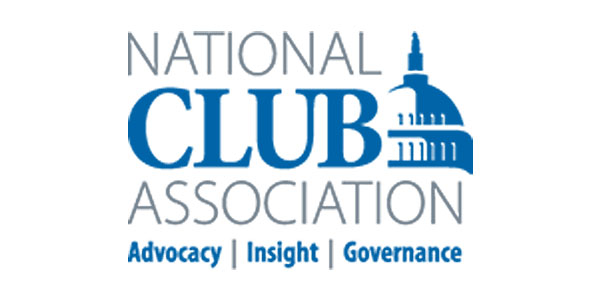National Survey Finds That Most Private Clubs Promote Sustainability
Three out of every four private clubs pursue sustainability, and the majority of clubs that don’t have sustainable practices plan to implement them in the future. This is just one of the key findings of the Environmental Behaviors & Practices survey, the first study of its kind to evaluate the environmental practices of private clubs across the United States. McMahon Group conducted the survey in conjunction with the National Club Association (NCA), Dr. SoJung Lee of Iowa State University, and Jim Butler, general manager at Grey Oaks Country Club in Sarasota, Fla.

“Sustainability is a vitally important issue to golf clubs across the United States,” said Henry Wallmeyer, president and CEO of the National Club Association. “The Environmental Behaviors & Practices survey marks the first time that the environmental practices and plans of private clubs have been measured. It marks an important step in the efforts of the private club industry to foster the values and practices that will assure that America’s private clubs continue to be good environmental stewards.”
Key findings of the survey include the following:
- 74% of private clubs surveyed stated they have sustainable practices
- Of clubs that allocate funds specifically for environmental practices, the average allocation is $49,357
Top environmental practices included:
- 85% use environmentally safe products on their golf courses
- 78% have reduced the amount of water they use on all golf property
- 75% use more recycled materials than in the past
- 56% have staff training programs in place to teach sustainable practices
- 56% participate in voluntary environmental programs like Audubon International
“The environment is central to the mission and success of private clubs, particularly those that offer golf,” said Wallmeyer. “Clearly, there’s more that private clubs can and will do to promote sustainability. However as this survey demonstrates, clubs take their role as environmental stewards seriously, and they are willing to invest the resources necessary to protect the environment, not just for their members but for the wider community as well.”
For more information about the Environmental Behaviors & Practices survey, please contact Cindy Vizza of the National Club Association at (202) 822-9822.





